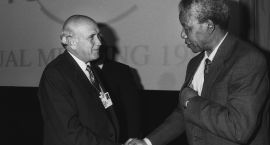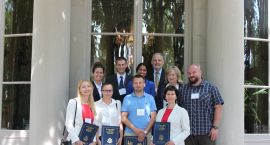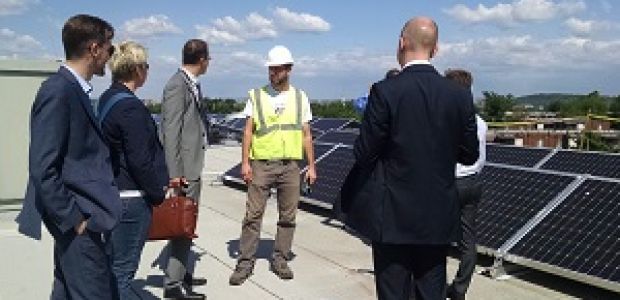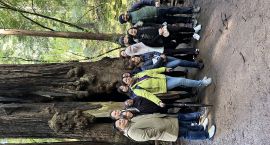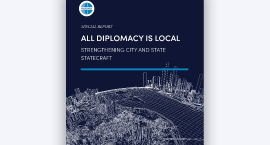The issue of energy security is defined by the International Energy Association as “the uninterrupted availability of energy sources at an affordable price.” A U.S. foreign policy priority and a key topic for the U.S. Department of State’s International Visitor Leadership Program (IVLP), projects on energy security and related topics will be coming through the programming pipeline with increasing frequency.
One way to be prepared for this trend is to begin researching relevant resources in advance. Within the context of energy security, a number of themes arise that are relevant to creating timely and forward-looking exchange programs. Some of these themes include:
- State and local government investment in energy supplies within the context of economic growth and environmental considerations;
- Energy markets and economics—how a community prepares for supply disruptions due to price volatility, severe weather or other significant events;
- Energy regulation, compliance and enforcement;
- Transitioning from extractive to renewable sources such as solar and wind power;
- Smart design innovations— See examples here;
- Effect on national security—See background here;
- Innovations in transportation systems i.e. electric and natural gas vehicles;
- Environmental impact assessments (required in ecologically vulnerable areas); and
- Education and outreach about conservation, energy efficiency and the use of new technologies on the part of suppliers, government agencies, businesses and NGOs.
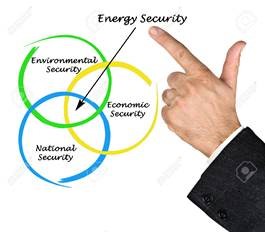
Resources to be tapped for the above topics, and others that will arise, may include:
- Government policymakers, regulators and legislators at all levels;
- Utility companies to discuss portfolio diversification, technology developments, and customer education;
- University energy research centers;
- Oil, gas and renewable energy companies, consulting companies, public/private partnerships;
- Non-profit advocacy groups for diverse stakeholders; and
- Site visits to wind farms, solar panel farms, oil and gas facilities and fracking sites.
In the long term, energy security will be improved by the sharing of best practices that work across international borders, and international exchange programs such as the IVLP have an important role to play in building the networks that will lead to innovation.










